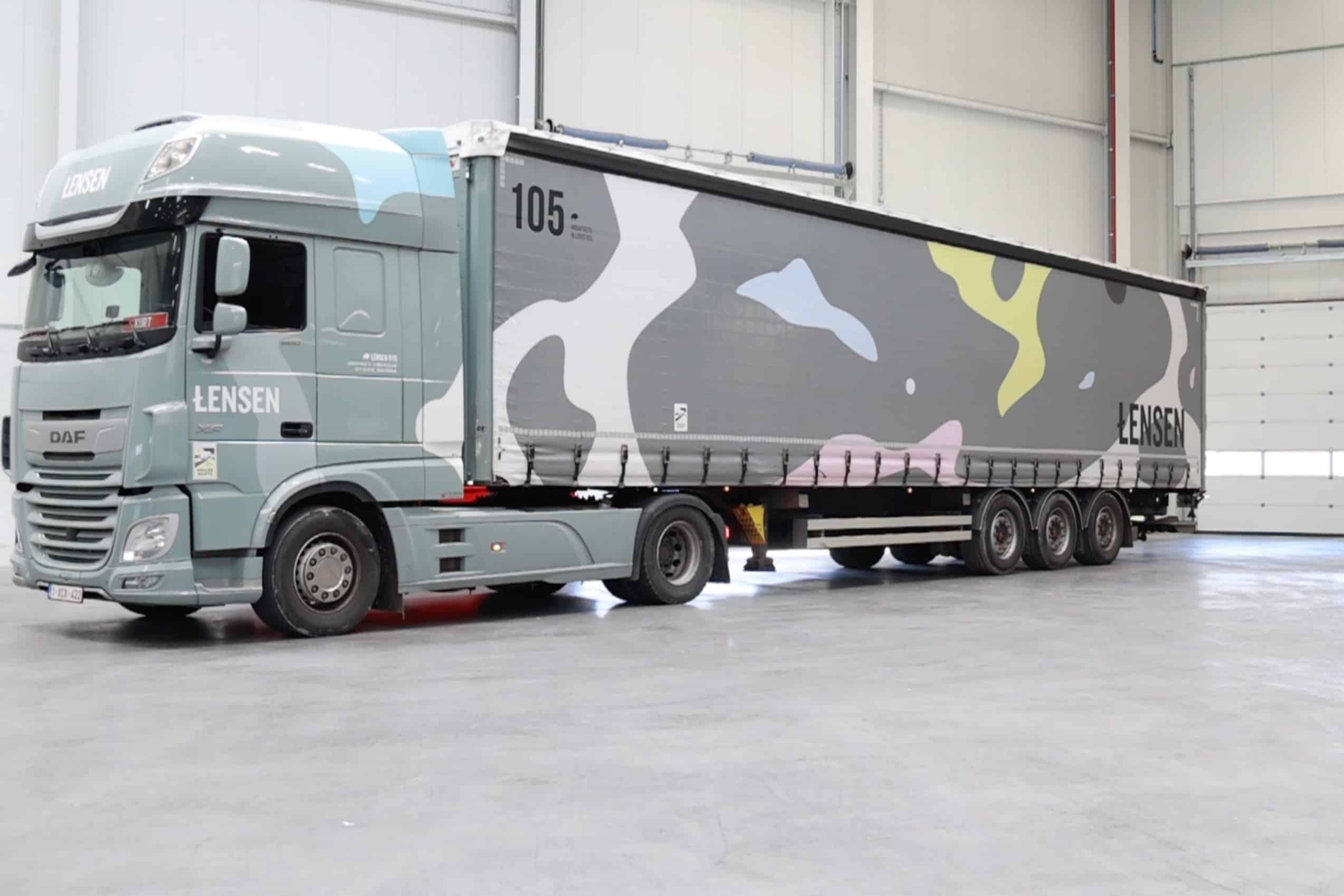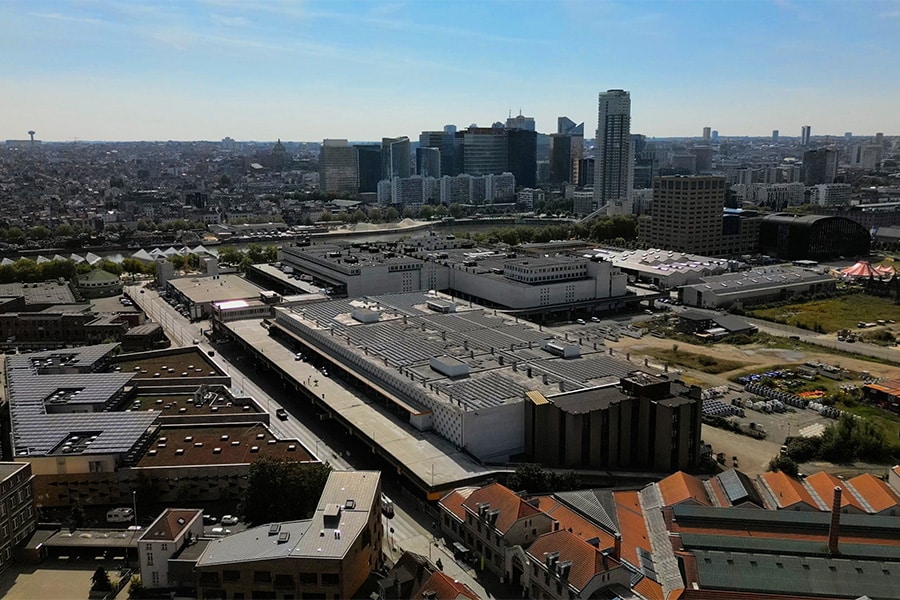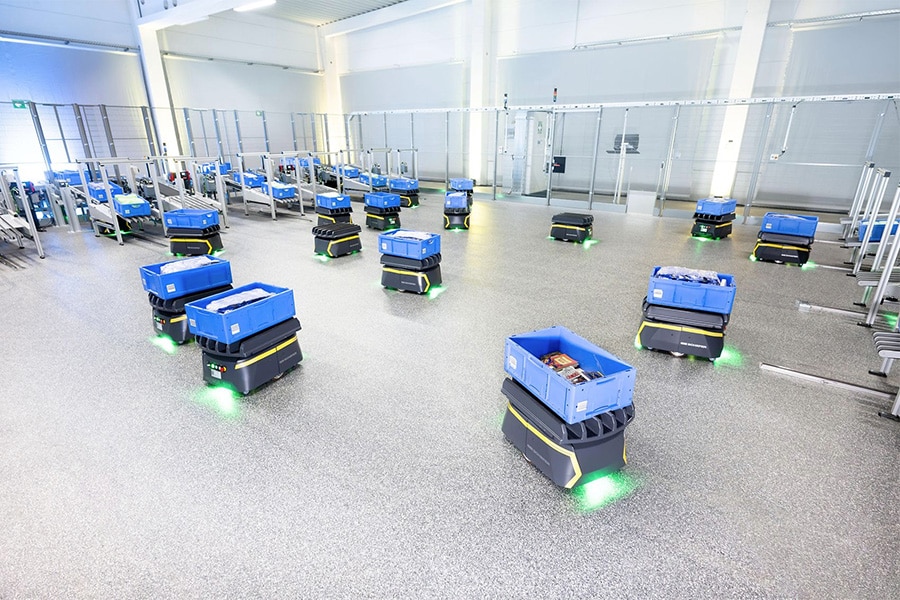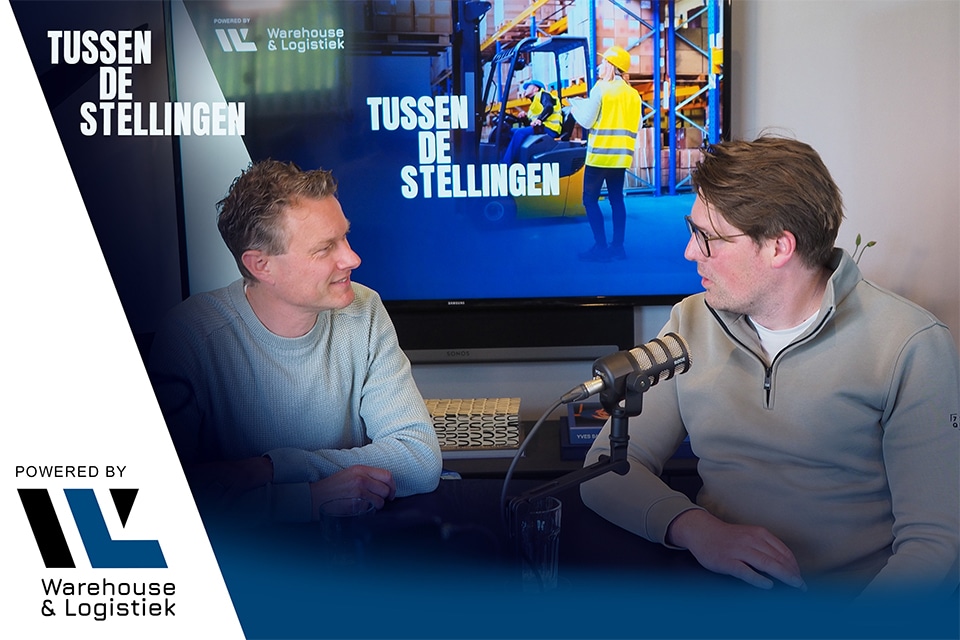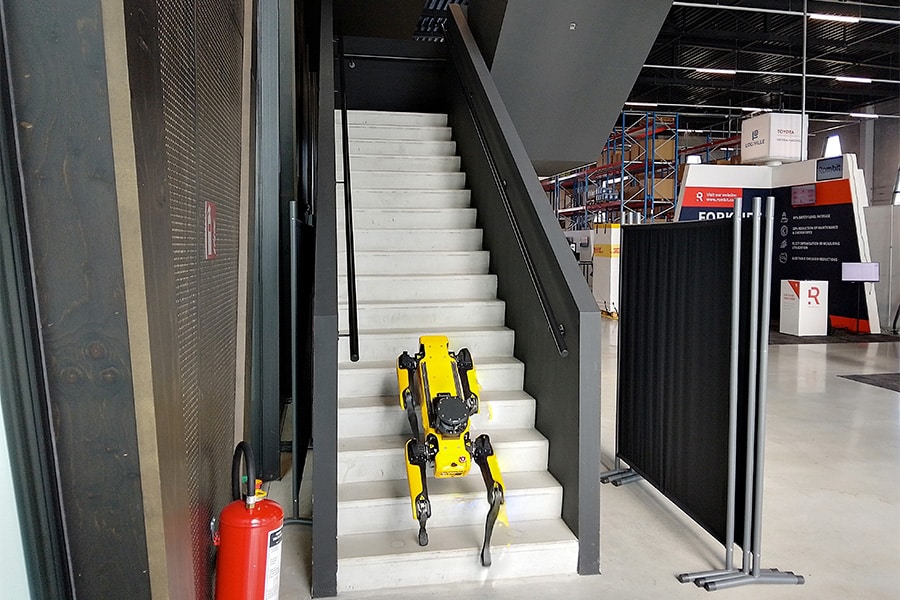
The Future of Work: what does the future of work in logistics look like?
During the avant-premiere of "The Future of Work" theme tour on March 10, 2025, LogiVille - VIL's innovative demonstration center - offered a cutting-edge look at how technology is changing the logistics sector. Some 60 industry professionals and entrepreneurs discovered through demonstrations by 15 LogiVille partners how automation, AI, sustainability and talent development are reshaping the workplace of tomorrow.
The kickoff came from Liesbeth Geysels, Managing Director of VIL, who emphasized the importance of proactively responding to change. Logistics is at a crossroads: on the one hand, technological advances are forcing companies to transform, and on the other, they must remain attractive to new talent. Geysels advocated a forward-looking vision in which innovation goes hand in hand with human development.
Piet Demunter, Acting CEO of Flanders Investment & Trade (FIT), took the audience through his keynote on the economic role of logistics. The sector is the lifeblood of our economy, Demunter said: without efficient logistics networks, markets stagnate and economies stagnate. His experiences during a recent Belgian Economic Mission to India, where digital transformation is raging, illustrate the need for Flemish companies to keep up with the international acceleration.
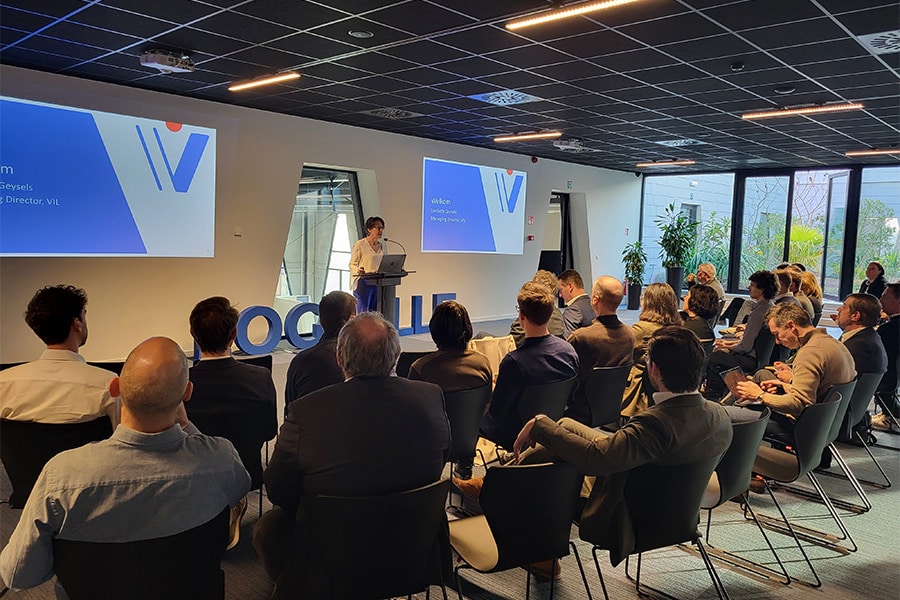
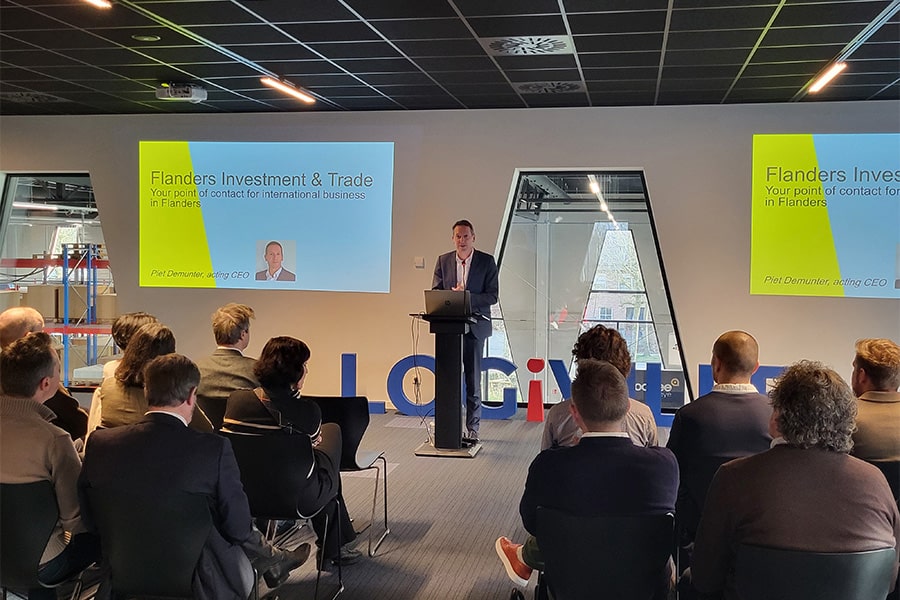
Three trends that are making a difference
Demunter zoomed in on three key areas that define the future of work in logistics:
- Automation and AI
Technologies such as self-driving trucks, drones and cobots are becoming more widely used. According to McKinsey, up to 30 percent of working hours in the industry could be automated. But automation does not mean that people will become obsolete - quite the contrary. There is a strong need for retraining and upskilling to take on new roles. - Sustainability as a strategic asset
With more than 10 percent of global CO2 emissions to its credit, the sector faces a major climate challenge. Electric trucks, hydrogen solutions and circular supply chains offer both ecological and economic benefits at the same time. Sustainability thus becomes an engine for innovation. - Talent of the future
Workable jobs, attractive benefits and digital training are essential to attracting young talent. Without adequate hiring and retention, the industry is in danger of running out of breath.
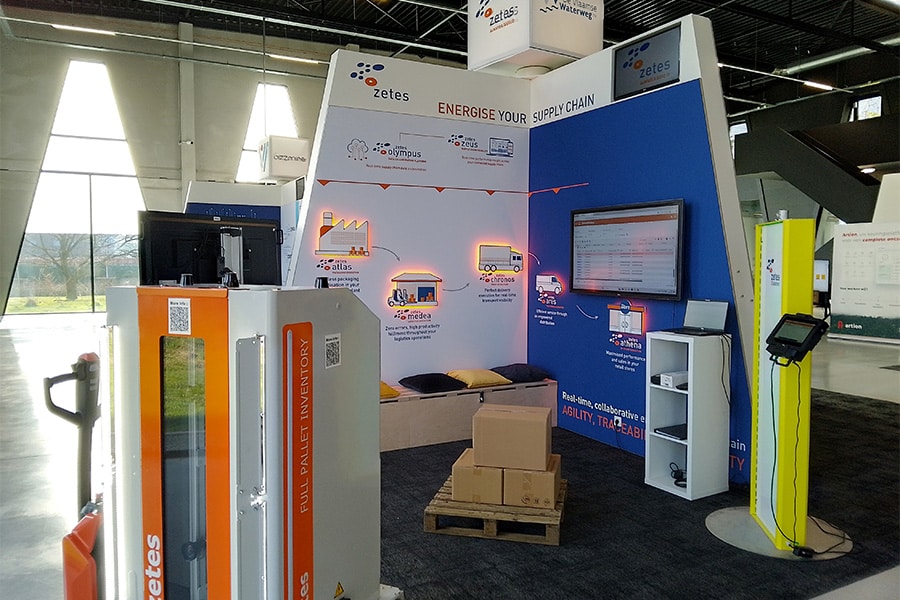
Technology in action
Attendees were given technology not only to hear, but also to see. Boston Dynamics' robot dog Spot proved its worth as a mobile inspection tool, equipped with cameras and sensors. Proximus showed smart glasses that give technicians hands-free access to information and live support via Teams - particularly useful in maintenance or warehouse environments. Their VR solutions enable digital training, from evacuation drills
to safety instructions.
Customaite automates customs declarations with AI, increasing the processing speed of declarations to 140 per day. Artion uses AI and data analytics to make processes smarter and more efficient. Othus offers advanced automation for warehouses with software and robots that take over repetitive tasks.
Flemish start-ups didn't leave out either. Datashift deploys AI to automate repetitive business processes. Altheria introduced XR training that promotes safety. NEXTdriver coaches drivers on safer and more environmentally friendly driving behavior through data analysis and feedback.
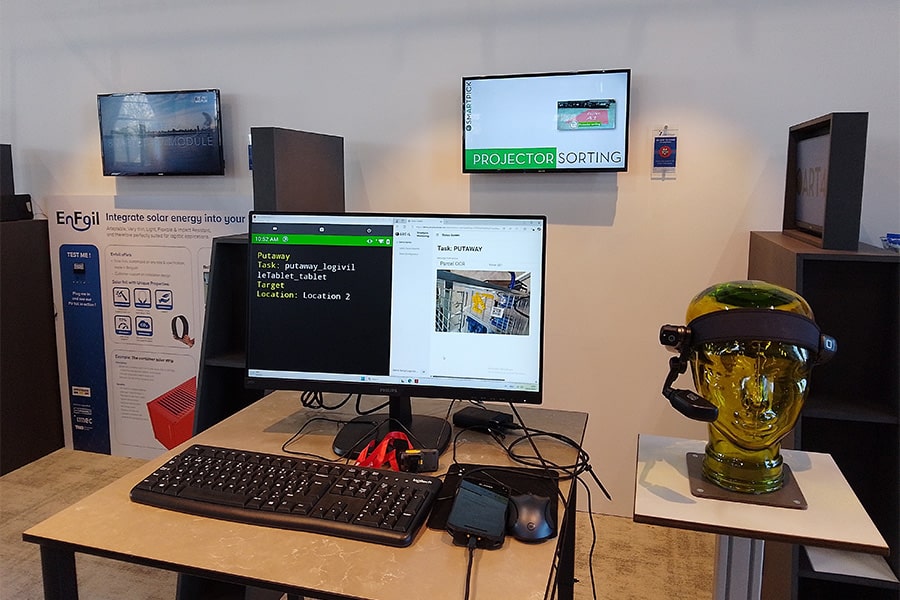
Innovation in the workplace
In addition to software, concrete warehouse solutions were also discussed. Toyota Material Handling Belgium demonstrated an automated reach truck combined with a radio shuttle - an industry first. Zetes showed how forklift drivers can scan pallets without extra handling thanks to automatic stock take. Art4L developed SMARTPICK, a flexible platform that guides operators through their tasks in real time.
Zeal Robotics and Alax Automation showed autonomous mobile robots (AMRs) that move goods autonomously without additional infrastructure. EYESEE offers inventory management drones that efficiently and flawlessly count inventory. Sensolus, founded in Ghent, completed the picture with wireless IoT trackers that track non-powered assets - such as containers and pallets - in real time, without the need for cabling or expensive infrastructure.
The Thematour 'The Future of Work' made it clear that the logistics sector is facing major but exciting changes. Flanders, thanks to its strong innovation climate and entrepreneurship, shows itself ready to continue playing a pioneering role.
